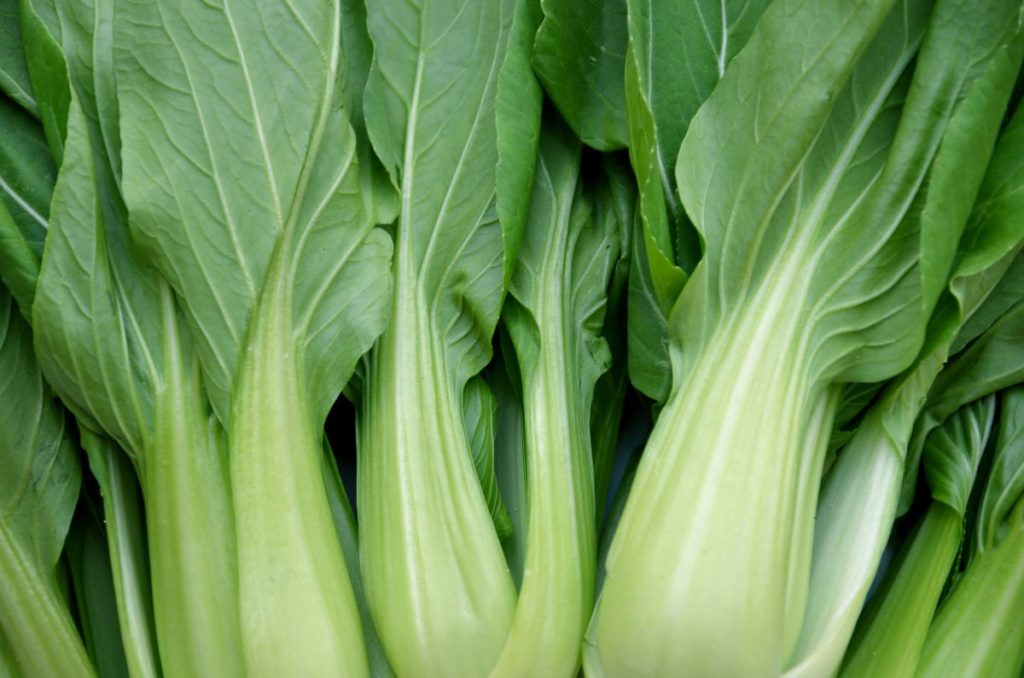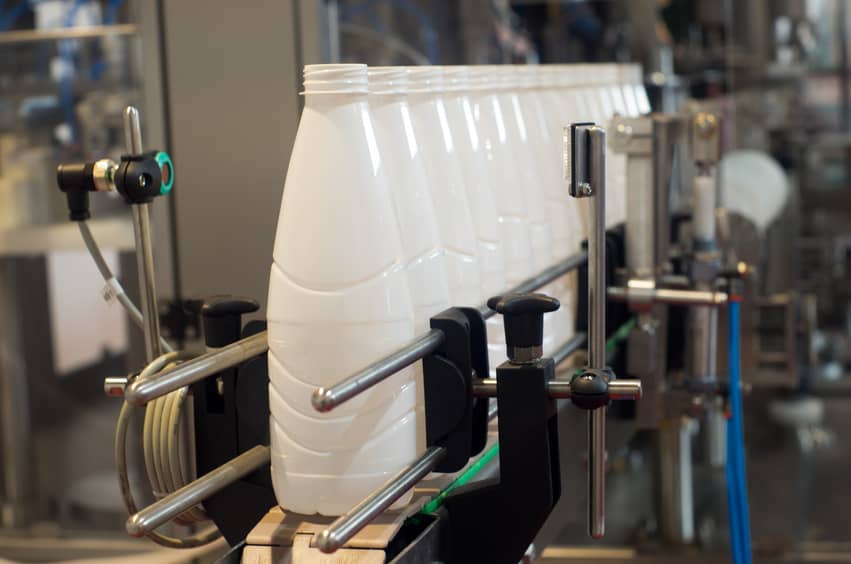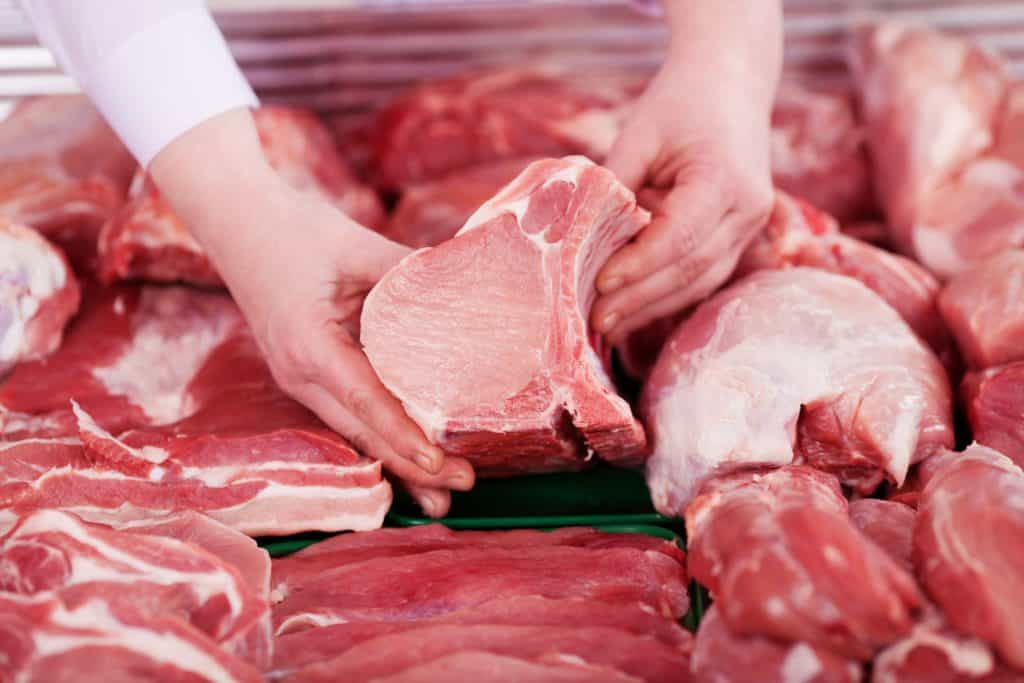Pesticide Maximum Residue Levels: Successful Market Entry and Maintaining Compliance
Market Entry Checklist for Pesticide MRL and Contaminant Limit Compliance
FoodChain ID Technical Director Karen Everstine, Ph.D., Shares Global Herb and Spice Pesticide Residue Trends During April ASTA Presentation
Pesticide MRLs: Varying Global Pesticide Maximum Residue Levels (MRLs) From Apples to Carrots
Pesticide MRLs: Recent Challenges and Violations
Beyond Borders: Mastering Pesticide Maximum Residue Levels and Contaminant Limits in the Global Food Sector
Summary
BRCGS certification is an internationally recognized mark of food safety and quality. Certification is achieved by undertaking a third-party audit against Standard requirements by an accredited certification body (CB). BRCGS rates CBs on their technical performance and efficiency in customer service. FoodChain ID Certification is a highly rated CB providing accredited BRCGS certification globally.
The Standard
The BRCGS Global Standard for Food Safety began in the UK to help the food industry meet legislative requirements of the EU General Product Safety Directive and the UK Food Safety Act. The Food Standard is a HACCP-based food safety and quality management system based on requirements specified in the GFSI Benchmarking Requirements document. Requirements are risk-based to fit individual operations and provide the necessary level of assurance.
The benefits
BRCGS Certification may be beneficial for:
- Finished food manufacturers
- Raw material and ingredient suppliers
- Packers of primary products (e.g. fruit & vegetables)
BRCGS Food Safety Standard Issue 8 was published in August 2018. Starting on February 1, 2023, sites will be audited for Issue 9. FoodChain ID is here to help our clients with that transition.
Additional Module : Meat Supply Chain Assurance
The additional modules published alongside the Global Standard for Food Safety, have been designed to reduce multiple audits by covering additional specific geographical or customer requirements and auditing them at the same time as the Global Standards audit.
The Meat Supply Chain Assurance Module has been developed in response to requests from the meat supply chain and its customers and was initiated by the British Meat Processors Association (BMPA) to reduce the audit burden on the meat sector.
- Certification to this module in association with the Global Standards for Food Safety Issue is therefore designed to:
demonstrate good management of the meat supply chain - provide confidence to customers
- reduce the need for multiple audits of the supply chain
- reduce costs and audit time for meat processors
- ensure a consistent quality to meat supply chain auditing.


















